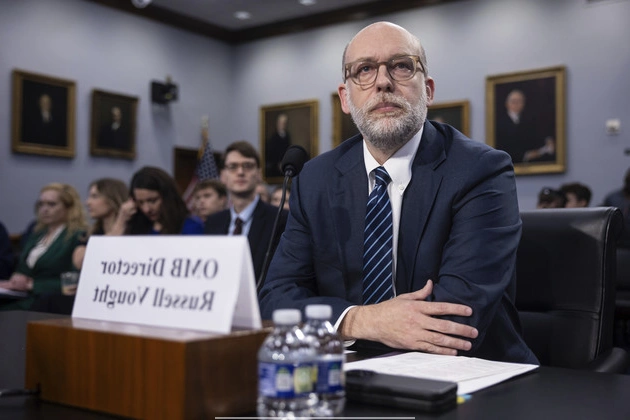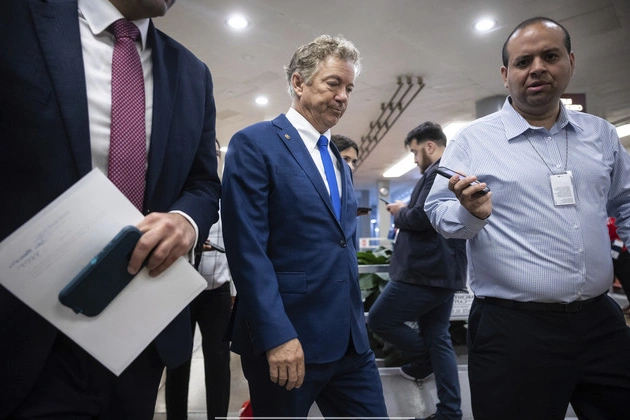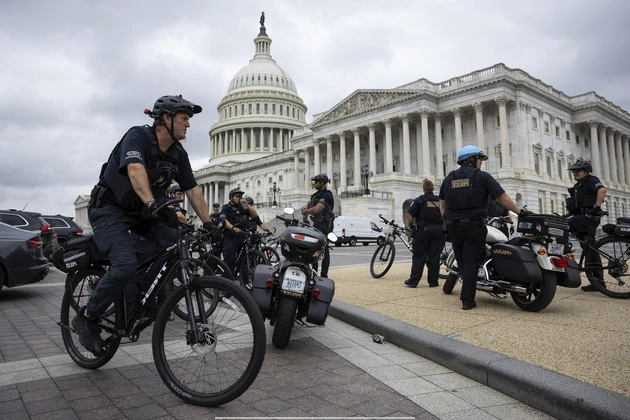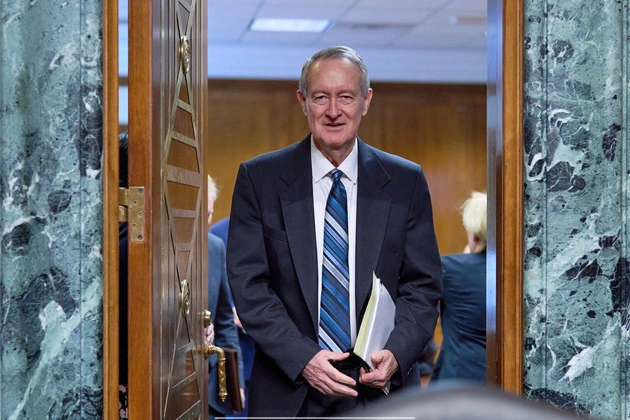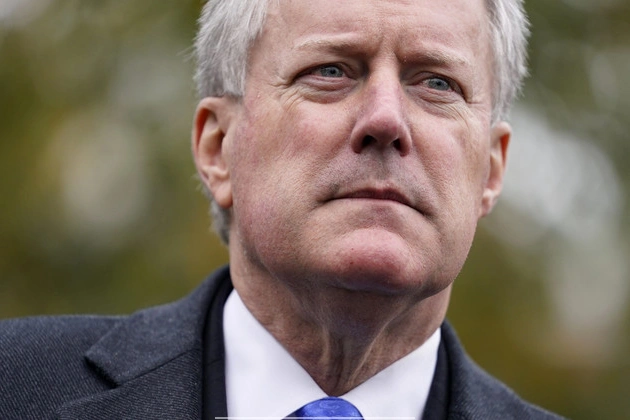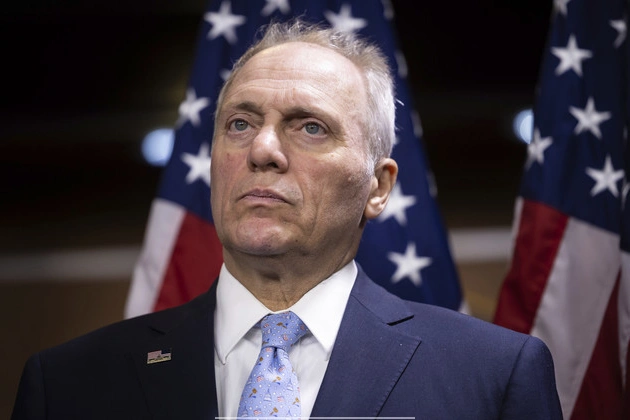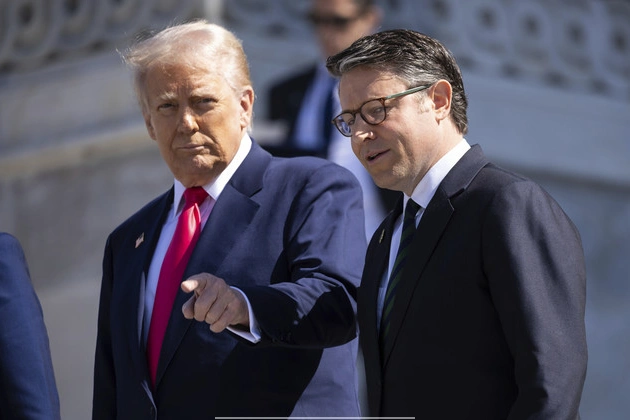
Congressional Republicans departed Washington with high spirits post their victory on government spending. However, they are now confronted with the harsh reality that their legislative plans are at a standstill.
Stalemate in Legislative Progress
After months of discussions, House and Senate Republicans are still engaged in a blame game, accusing each other of hindering advancements on President Trump’s key legislative agenda. This comprehensive bill intertwines a tax reform with energy, defense, and border policies.
As GOP legislators reconvene in Washington, the pressure mounts on them to demonstrate tangible progress towards realizing this agenda within a tight three-week timeframe before their next break. Speaker Mike Johnson has ambitiously set a goal to finalize a budget blueprint with the Senate and secure House approval by the week of April 7.
Yet, many critical decisions remain unresolved. These include the extent of cuts to social safety-net programs, addressing concerns of swing-seat lawmakers regarding a crucial tax break, estimating the costs of extending current tax cuts, and the feasibility of adding more incentives.
Senator Thom Tillis from North Carolina questioned the pace of developments, particularly the increasing demands from the House GOP amidst the impasse.
Seeking Resolution
To break the deadlock, Treasury Secretary Scott Bessent plans to confer with GOP leaders and tax experts this week to reconcile the disparate proposals from the two chambers. The Senate is closely observing the House’s actions and vice versa, resulting in a standoff that necessitates a resolution.
While Senate Republicans are eager to showcase progress before their upcoming recess in April, they are cautious about committing to specific deadlines or promises, unlike their House counterparts.
The skepticism among GOP senators regarding the House’s ability to adhere to the budget, especially the proposed $2 trillion in spending reductions, adds to the prevailing uncertainties. While the House urges the Senate to adopt their blueprint as is, senators are inclined to make modifications.
Concerns over another arduous voting process, especially on contentious issues like Medicaid cuts, without a guarantee of a feasible outcome, further complicates the situation.
Challenges and Complications
The reluctance to draft a bill in the House until the Senate finalizes the fiscal framework underscores the intricate dynamics between the two chambers. The absence of a clear Senate number impedes progress on critical fronts.
Leadership challenges persist on both sides. Speaker Johnson faces resistance from conservative hard-liners advocating for an aggressive stance against judges ruling against Trump, while Senate Majority Leader John Thune tackles internal tax disputes within his caucus.
As discussions prolong, frustrations mount among lawmakers, who await decisive leadership and proactive measures to resolve the impasse.
Despite the hurdles, Republicans express optimism about eventual alignment on key issues, emphasizing the need for coordinated efforts and consensus-building.
Future Prospects
The intricate web of unresolved disputes underscores the need for proactive engagement and collaborative decision-making to advance the legislative agenda effectively.
While challenges persist, there is a shared commitment among GOP members to navigate the complexities and reach a consensus that aligns with their priorities and commitments.






